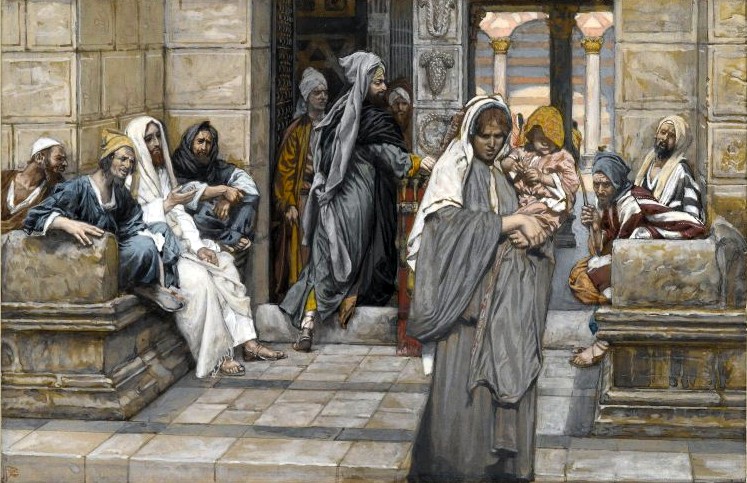I’m tired of theology.
To be more specific, I’m tired of seeing theology wielded as a weapon against supposed “enemies,” the way an attorney might use court precedents against an opponent. When theology is nothing more than a logical position to be argued, then real people get hurt. When theology is used solely to judge and exclude others, then love—the primary action Christians should be known for—becomes an afterthought.
I’m fortunate to know a few world-class theologians, and to have been a student of a few more. They have offered me insights into the meaning of Scripture, yes, but more importantly they have encouraged me to wrestle with Scripture.
Sadly, I see many Christians who are so focused on theology that they lose sight of love. As an artist drew it, Jesus might scold us with the line, “The difference between me and you is you use scripture to determine what love means, and I use love to determine what scripture means.”
I’m struck by how Scripture describes the earliest Christians in the Roman empire. They had a reputation for paying attention to the less fortunate, giving money and food to the poor, and always erring on the side of generosity. In that stifling legalistic culture, Christianity was a massive breath of fresh air. People were drawn to an active, everyday faith in which grace and love were central to everything. In fact, Christianity was so attractive that the leaders of the official Roman religion worried this small “cult of Jesus” would potentially become too popular!
Today’s Christianity—at least the version we hear about in the news—suffers from no such potential. Instead of paying attention to the less fortunate, it protects the powerful. Rather than erring on the side of generosity and grace, it places itself on a pedestal and pushes away those who most need Jesus.
Is it any wonder that many outside our faith warn of Christianity’s growing power, rather than its growing popularity? And it’s true: that’s how we’ve defined our own goals! With enough power, and the correct theology to justify it, Christians will be able to force everyone to do the right thing—and damn those who don’t.
The only ones who will be attracted to a Christianity of power are the power-hungry. Not the needy, hurting, ashamed, and weary.
That’s why I’m tired of theology for theology’s sake. I’m sick of contests about who is “right” enough to deserve power. I’m done with arguments about minor matters that serve no purpose beyond self justification. Hell, I’m finished with arguments about major matters! Our world is in major trouble, and I highly doubt the solution is another conference filled with people who look the same, think the same, and fail to exemplify John 13:35 in all the same ways.
What if we Christians were required to love our neighbors—all our neighbors—before declaring a single theological position? What if we couldn’t buy any more theology books or post any opinions on FaceBook until we spent time working for justice, forgiving our enemies, and admitting our ignorance to God?
Imagine if critics of Christianity began to oppose us for being too welcoming. For being too generous and, well, simply too much fun. For seeing broken people as people, and theology as nothing more than a prompt to love like Jesus did.
Wouldn’t people be attracted to that faith, just as they were attracted to Jesus?
I know I would.

